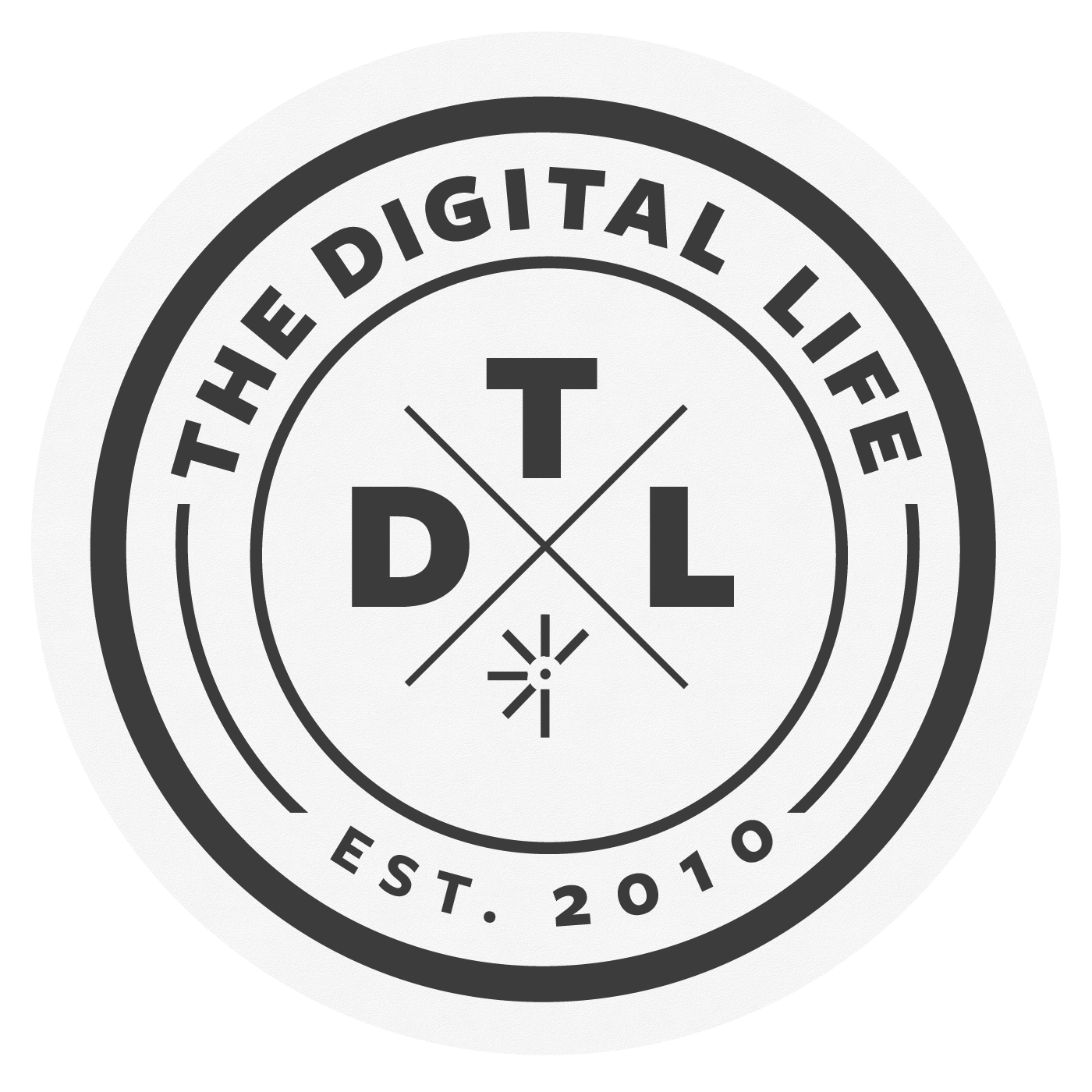Episode Summary
Will 2015 be a breakout year for digital health testing? It's still a little early to tell, but the news this week was good for advocates of mHealth and personalized medicine.23andMe received FDA approval to provide screening for Bloom Syndrome, a rare gene disorder indicative of a predisposition to develop cancer. At Columbia University, research engineers developed an inexpensive HIV test that can be conducted using a smartphone. And, "tricorder" mHealth darling Scanadu entered the testing phase for its Scanaflo iPhone-ready urinalysis strip.
In this episode of The Digital Life, we discuss these latest achievements in digital health diagnostics and explore the future of mHealth.
Here are a few quotes from this week's discussion.
Jon on the smart phone as health intermediary:
This idea of the smart phone as the intermediary between you and the health system, or as kind of this tool that could help the health system scale in more robust fashion, I didn’t really buy into that argument before. Because a lot of the mHealth solutions that I’ve seen, while interesting, just didn’t have that completeness I guess. With all these diagnostic tools becoming available at such an inexpensive price point, I can kind of see now the potential there for the smart phone or the mobile device to really be a center for managing health in a way that — when you just say digital health, I don’t know if it really captures that — but it’s almost like all of these test and dongles and urinalysis strips that sort of plug into the phone like it made for me a lot more real that possibility. I think that’s what I’m reacting to in part and then of course just the maybe we can call it the shiny new object syndrome, but it’s got me really excited about the space in general.
Dirk on the unintended consequences of making your genome open source:
The problem is unintended consequences, right? We live in the United States. We will live very comfortably and safely so it seems yeah, open source your genome, why not? What could possibly happen? I mean history has shown us that when one group can get its foot on the throat of another group it will. The question is how far have we evolved? If we remove ourself from this wealthy, stable culture, will things still be safe? Will we still have the same sort of protections and civilization and rationality that most of us enjoy? If history is a guide, you know there’s a pretty decent indication that we won’t. Once you’ve open sourced your genome and it’s out there, I think it’s really no problem in the world we live in today, but in 150 years, what impact might that have on your descendants given changes in the world? It’s just such an unknown.
